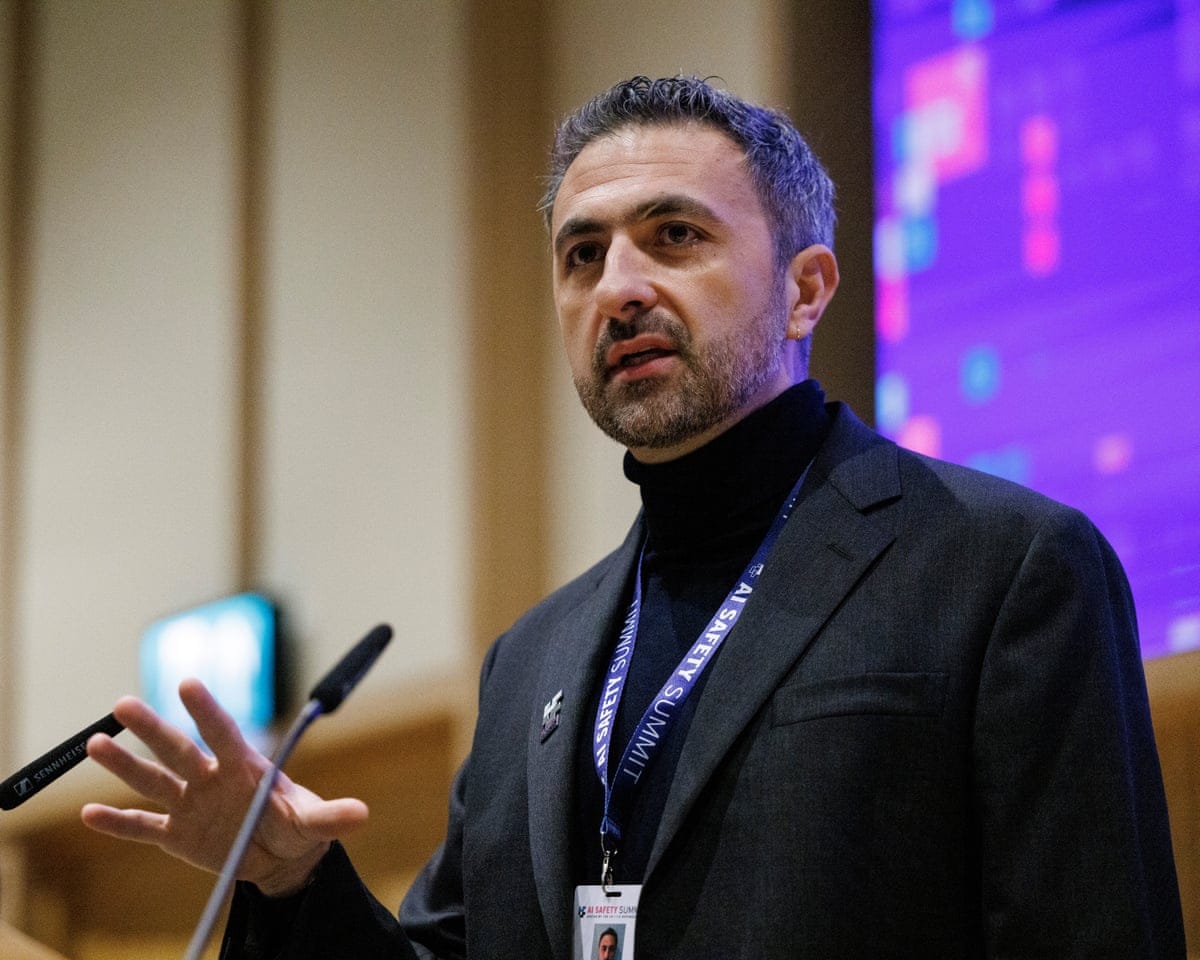Microsoft has introduced an artificial intelligence system that demonstrates superior performance to human physicians in diagnosing complex medical conditions, signaling a potential shift toward advanced medical intelligence.
The company's AI team, led by British technology expert Mustafa Suleyman, created a system that mimics the decision-making of expert medical panels when handling intricate cases. In collaboration with OpenAI’s latest AI model, the system successfully resolved more than 80% of specially selected case studies. In contrast, practicing physicians—working without external resources—accurately diagnosed only 20% of the same cases.
The system also proved more efficient in recommending medical tests, potentially reducing costs compared to traditional diagnostic methods. Microsoft emphasized that AI would assist rather than replace doctors, noting that physicians play a broader role in patient care, including building trust and managing uncertainty—areas where AI falls short.
While acknowledging the system’s capabilities, Microsoft cautioned against overestimating AI’s diagnostic abilities based on standardized medical exams, arguing that such tests rely heavily on memorization rather than deep comprehension. The company stated that its model operates similarly to real-world clinicians, following a structured process involving patient inquiries and diagnostic tests before finalizing conclusions. For example, analyzing symptoms like fever and cough might necessitate blood tests and imaging before determining if pneumonia is present.
For development, Microsoft’s team repurposed over 300 complex case studies from the *New England Journal of Medicine* into interactive challenges. The system integrates existing AI models from OpenAI, Meta, Anthropic, Grok, and Google’s Gemini, supplemented by a specialized "diagnostic orchestrator" that determines which tests to administer and how to interpret them.
Read next

"AirPods Pro 3 reviewed: Upgraded battery, superior noise cancellation, top-tier performance"
Apple’s widely used AirPods Pro wireless earbuds have returned for their third iteration, offering improvements in comfort, battery performance, integrated heart rate tracking, and enhanced noise cancellation. The new model appears poised to be as prevalent as earlier versions.
Three years have passed since the previous release, yet the

"Peter Thiel's secret talks on antichrist shed more light on him than doomsday"
Peter Thiel’s Unusual Academic Pursuits
Peter Thiel is known for his skepticism toward academia. Yet, in four recent private lectures in San Francisco discussing the antichrist, the billionaire investor has made an unexpected case for intellectual credentials.
During these wide-ranging talks, Thiel appeared to channel the eclectic thinking he

"X resolves $128M severance dispute with former Twitter executives"
# Elon Musk and X Reach Settlement with Former Twitter Executives Over Severance Dispute
Elon Musk and X have resolved a legal dispute with four former high-ranking executives of Twitter, including the company’s ex-CEO, who alleged that the billionaire withheld $128 million in severance payments after acquiring the social media

